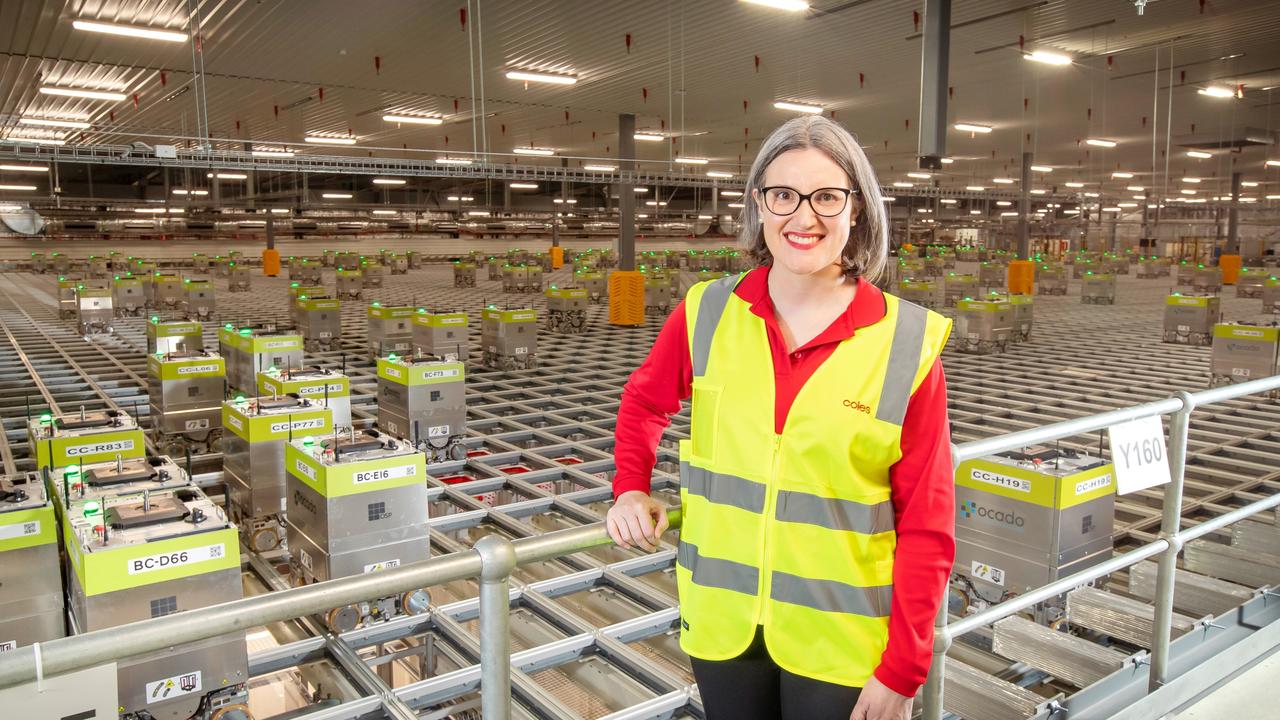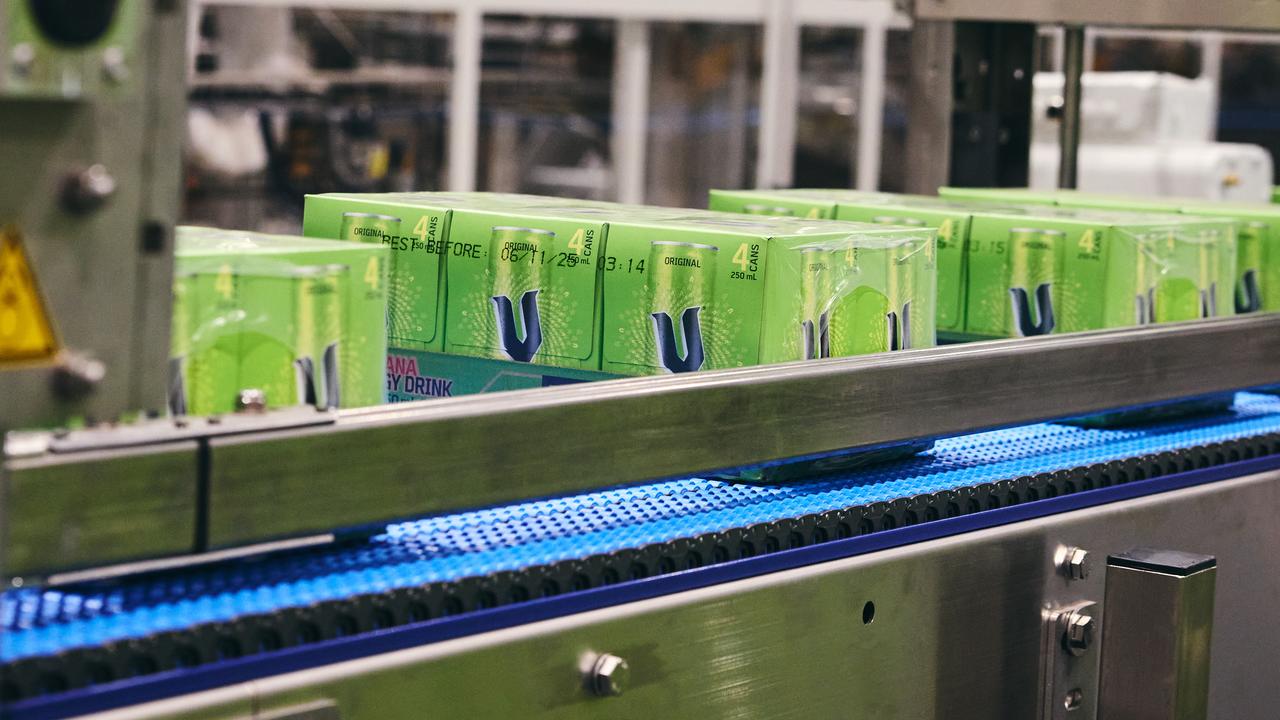One in four employees give sensitive data to AI tool, survey results show
The alarming finding comes as more than two thirds of employees say they use AI at work.

Business
Don't miss out on the headlines from Business. Followed categories will be added to My News.
About one quarter of office workers have admitted to inputting “potentially sensitive information,” including customer and employee information and company financial data, into generative AI tools.
The alarming finding arrives as more than two thirds of Australian workers have revealed they’re using ChatGPT and other artificial intelligence tools at work despite one in four companies banning AI in the workplace. More than half of those using AI at work are doing so at least once or more per week.
These are the result of global findings from a new survey which shows almost all respondents want guidelines on the use of AI at work — yet less than half have any in place.
Employers have not been proactive with AI and the lack of guidance is opening up their businesses to larger, potentially significant risks, said Pete Murray, managing director of Veritas, which conducted the survey.
“When employers don’t provide guidance on how to use generative AI appropriately at work, or even whether it should be used at all, it can create a ‘Wild West’ of AI cowboys — where some employees are using generative AI in risky ways, some hesitate to use it at all, and others resent their colleagues for doing so,” he said.
AI tools aren’t being used for the sake of it, rather, about half of those using them say they provide faster access to information, while 45 per cent say it makes them more productive at writing emails and memos.
Mr Murray said there was little point in banning generative AI tools as most employees used them for “benign purposes” which made them more efficient at work. If the information they put into the tools was already public, there was little risk, he said.
“A blanket ban on generative AI tools may be tempting as the easy way out. But often these are hard to enforce — especially as technology evolves, and as people seek out the latest tools to be more efficient at work,” he said. “Long term, an outright ban could also lead to some businesses falling behind their competitors in innovation and productivity.”
According to the survey, 93 per cent of respondents believe AI guidelines are important and more than three quarters of employees want policies in place as well as generative AI training.
Despite the demand, just 46 per cent of respondents had received guidance on use cases showing when AI tools were appropriate to use.
Failing to teach employees how and when to use AI tools is leaving companies susceptible to compliance and regulatory risk, Mr Murray said.
“It’s not an ideal situation for anyone, especially employers, who could face regulatory compliance penalties or miss out on ways to increase efficiency for their people,” he said.
“To resolve this, employers should be proactively issuing effective generative AI guidelines and policies, to set expectations and boundaries on what’s acceptable and what isn’t.”

Australian employers and employees have mixed feelings about AI at work, according to the study, which found 47 per cent responding they could easily leak sensitive information. The concern isn’t without reason, with 24 per cent of workers admitting they already had input sensitive information into an AI tool or engine.
A further 44 per cent said AI tools provided inaccurate, incorrect or unhelpful information while 43 per cent were concerned the tools would create a compliance risk.
When asked about top three sources of information at work, 70 per cent turned to colleagues, 68 per cent turned to line managers and 59 per cent turned to Google.
About 27 per cent used GhatGPT or Google’s Gemini, formerly known as Bard. Globally this figure rises to 36 per cent, however, the survey found 33 per cent of Australians would rather ask family or friends than an AI tool.
Veritas survey pooled results from 11,500 office workers, 1000 of whom were Australian. The remaining respondents were from the US, the UK, Brazil, China, France, Germany, Japan, Singapore, South Korea and the UAE.
While AI has already begun to replace workers in some roles, about 40 per cent of Australian respondents to the survey believe their employer wouldn’t be doing the same to them within the next three years.
When it came to potential leaks and cybersecurity concerns, 40 per cent of Australian respondents said they were unsure how to handle a situation if a hacker approached them by email.
More Coverage
Originally published as One in four employees give sensitive data to AI tool, survey results show





